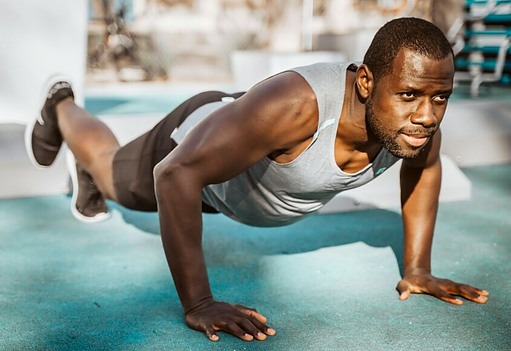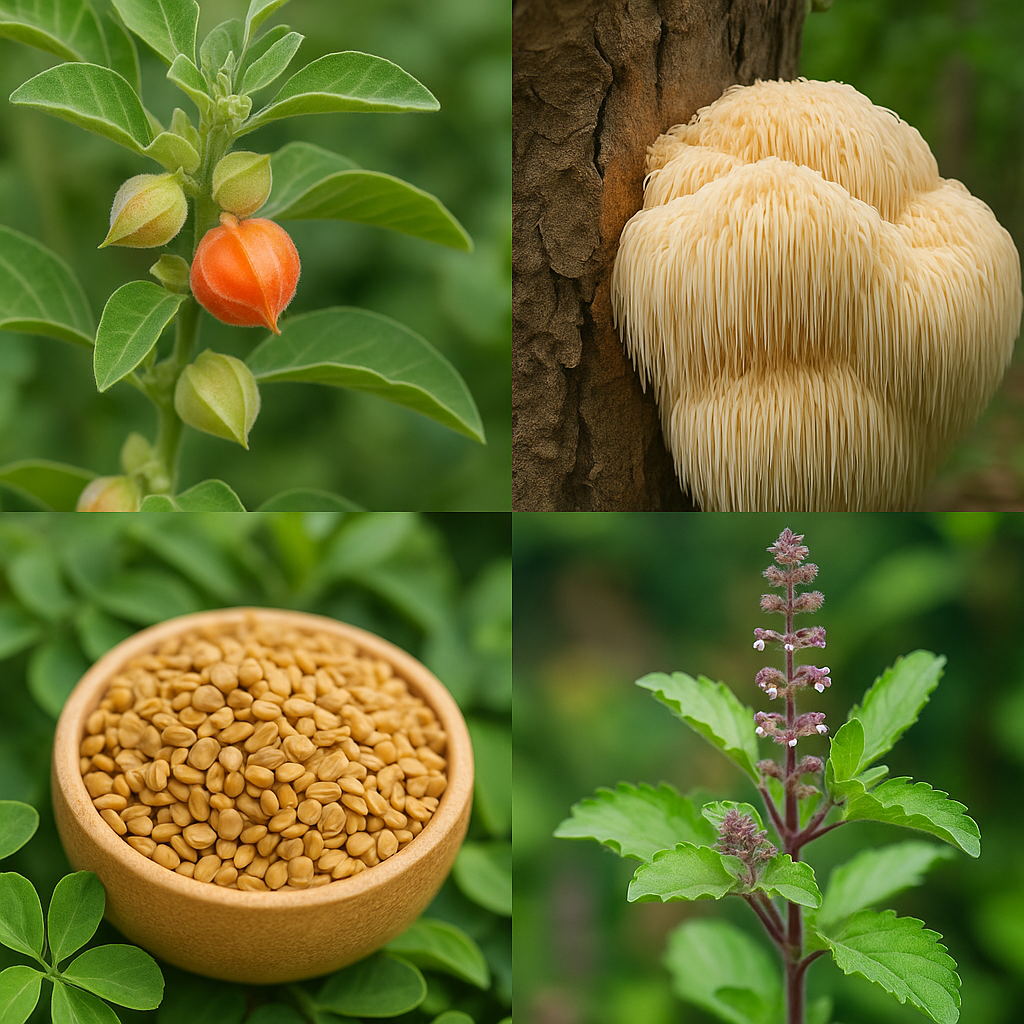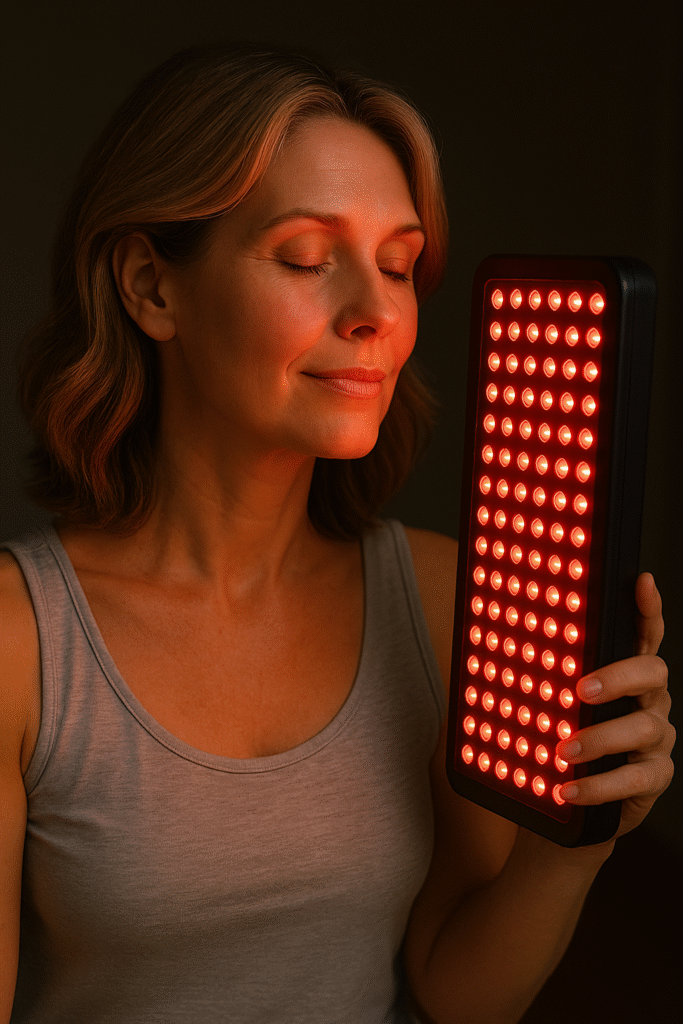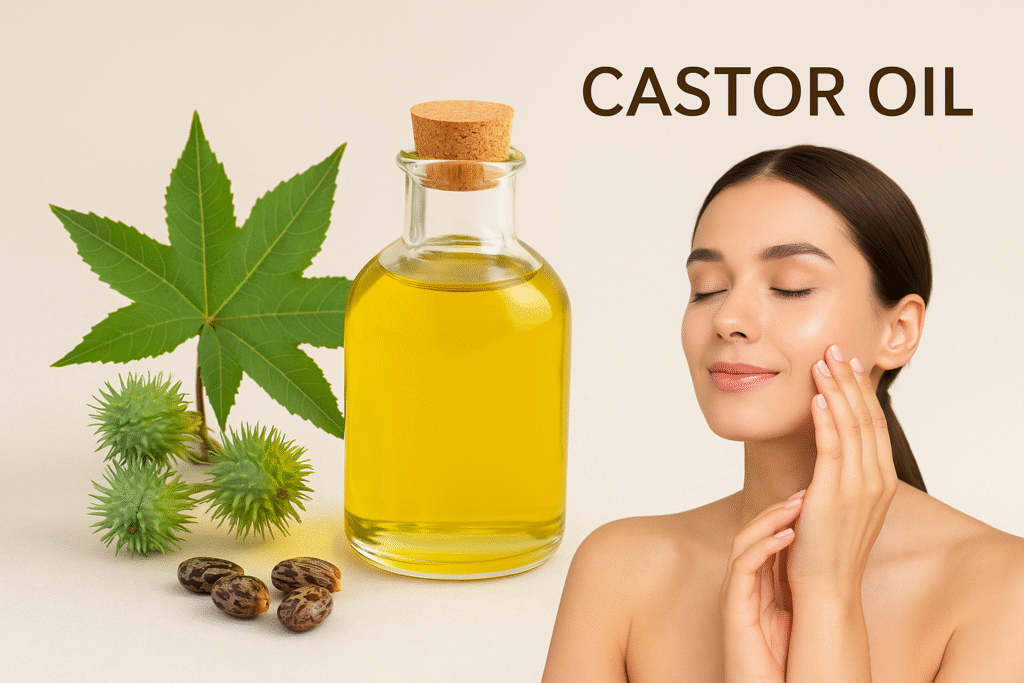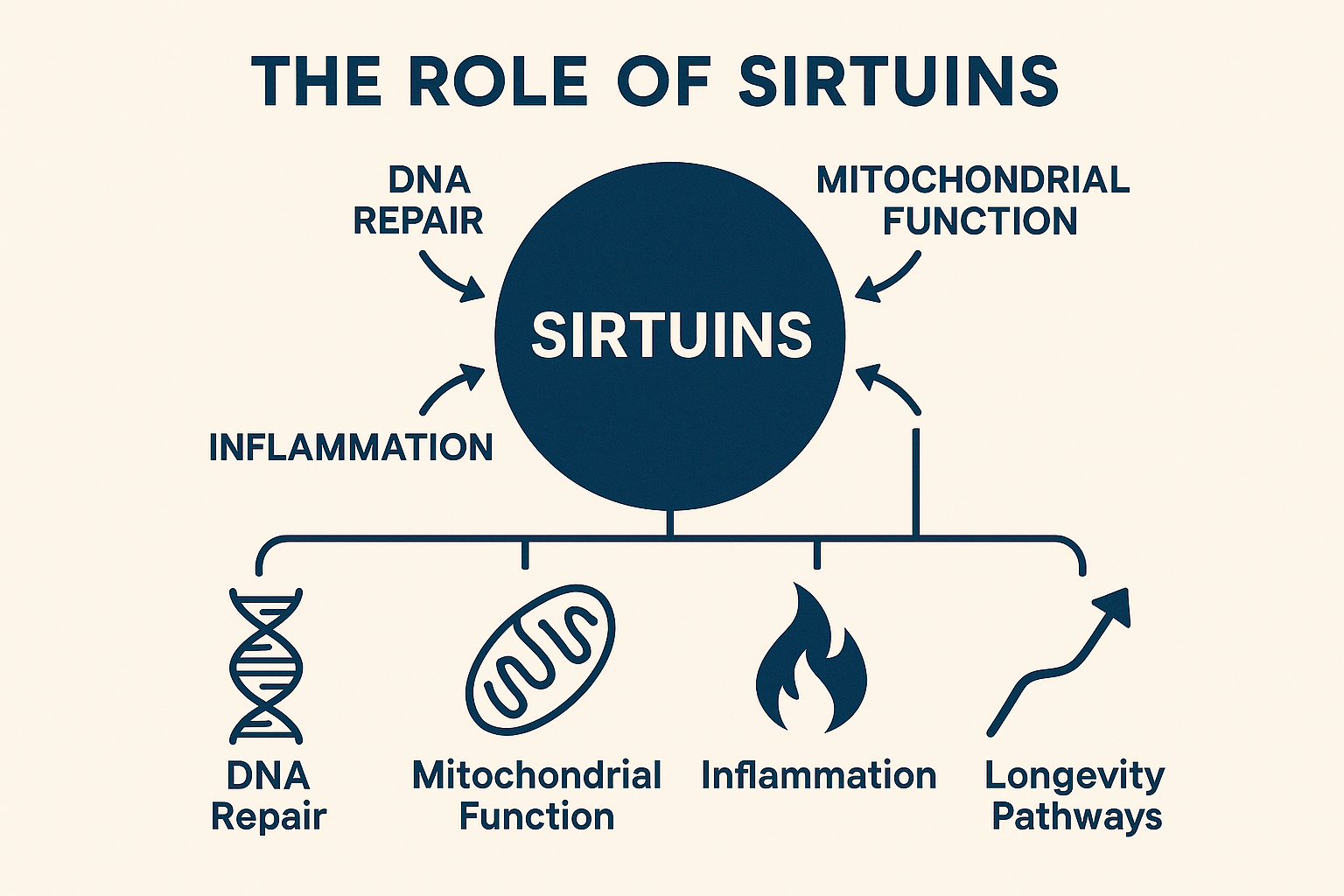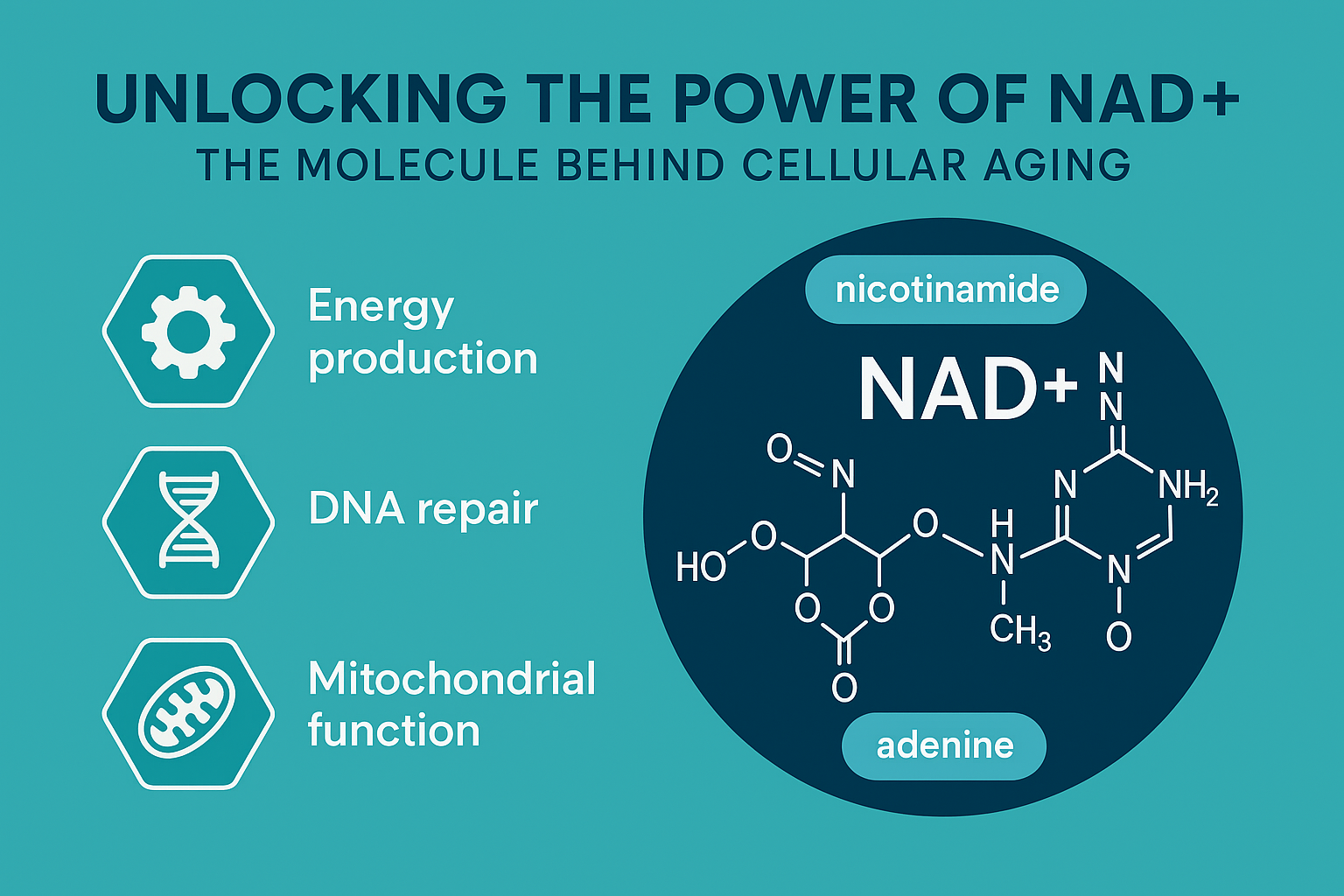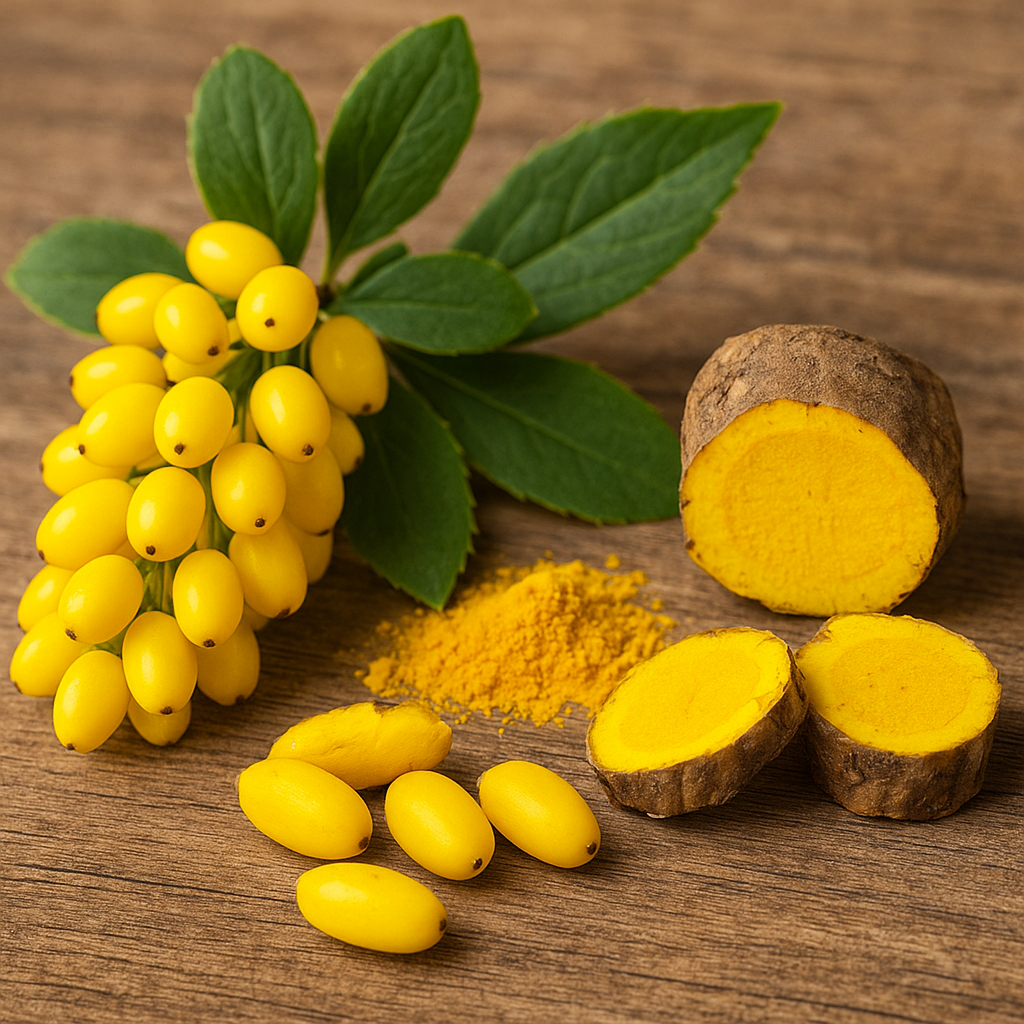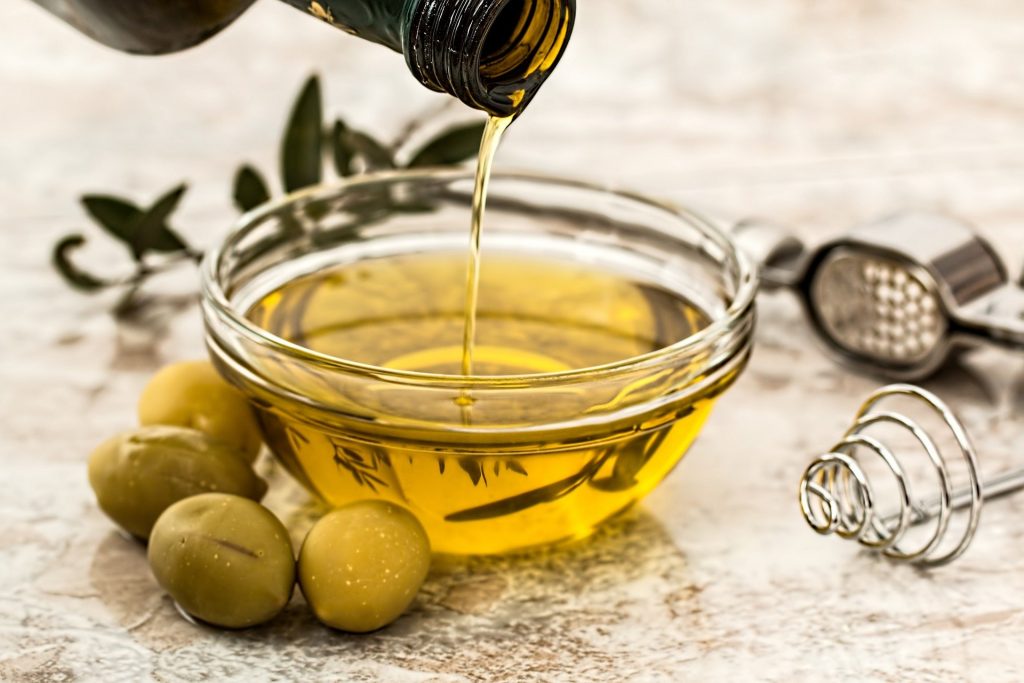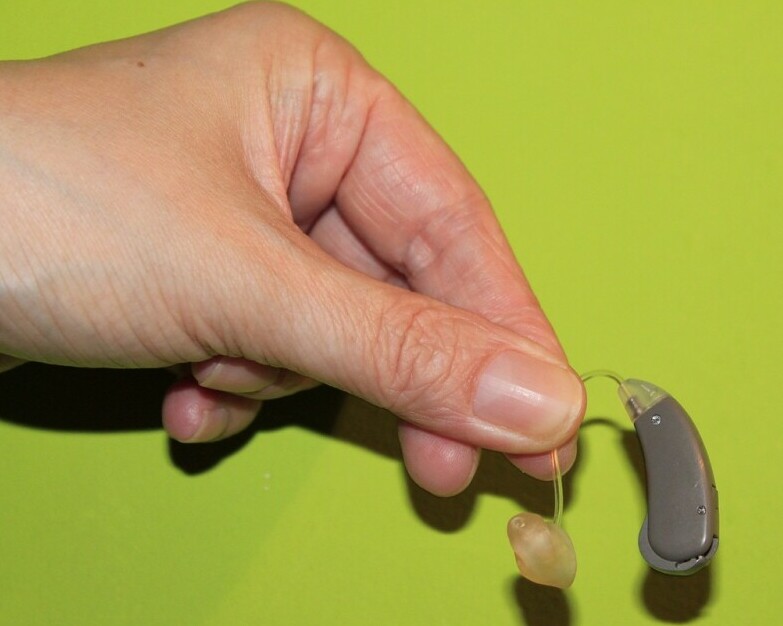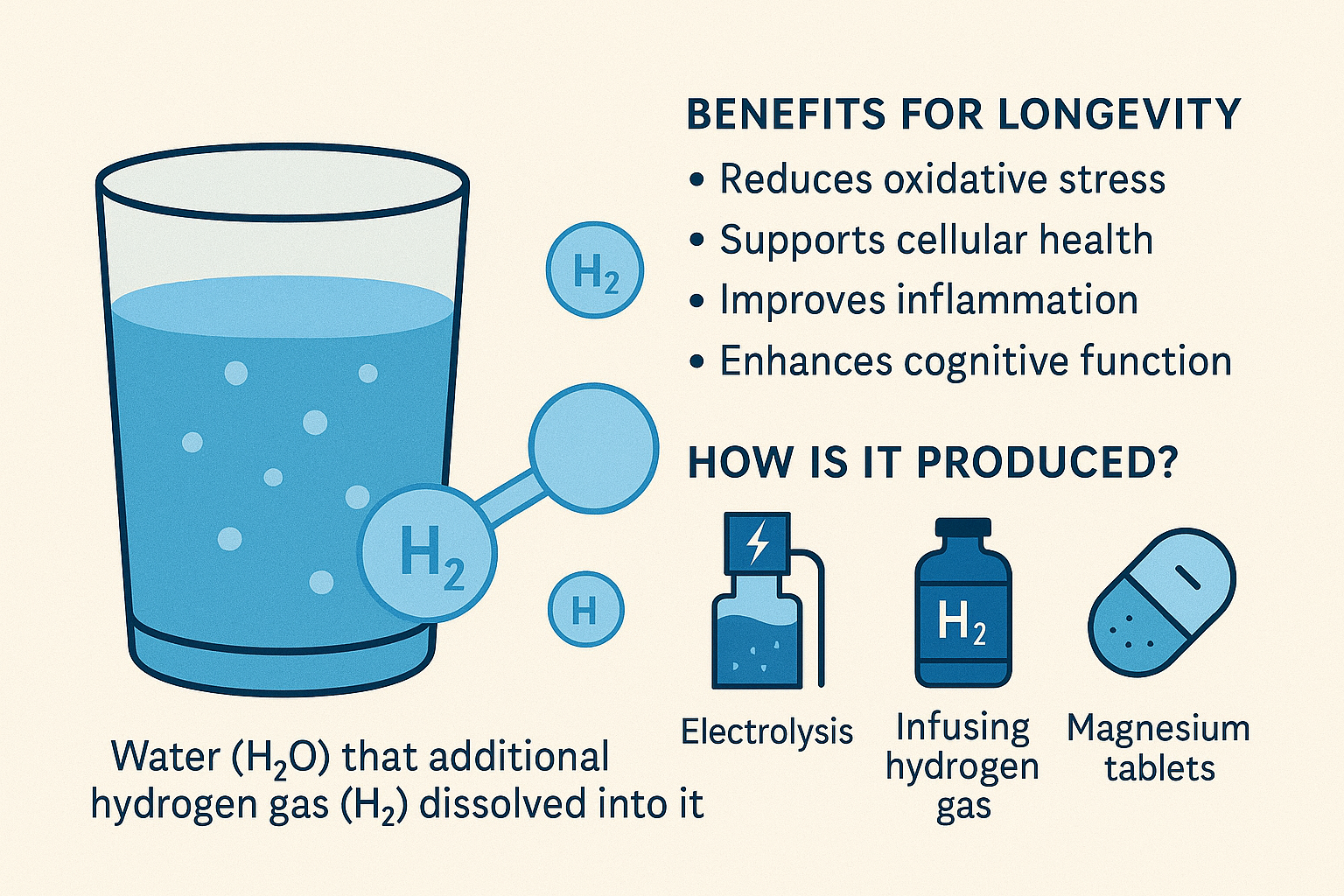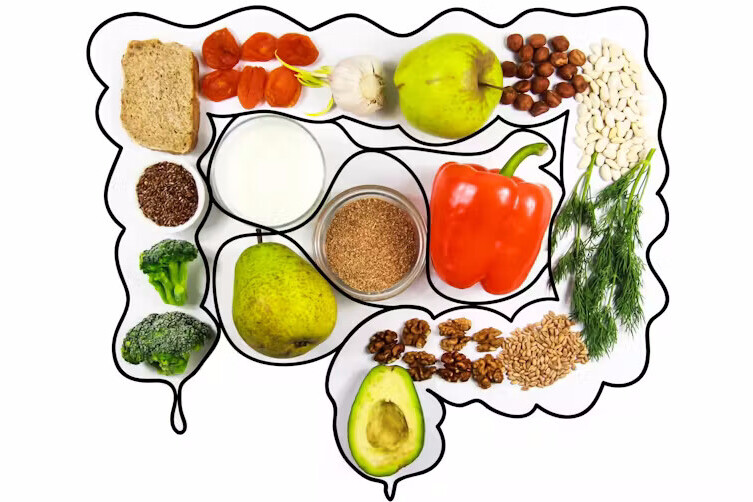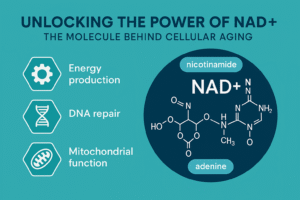Testosterone is widely recognized as a critical hormone in men’s health, influencing everything from muscle mass and mood to libido and bone density. As men age, their natural testosterone levels often decline, leading to a condition known as ‘low T’ which can impact overall wellbeing and lifestyle.
The symptoms of this decline can be subtle or more pronounced, including reduced muscle strength, a drop in energy levels, changes in mood, and a decrease in sexual function. However, it’s possible to address these issues, and that’s where supplementation can play a key role.
This article aims to explore viable ways to boost testosterone through supplements. It is not just about listing the supplements; it is also about understanding the WHY behind their benefits. Each supplement mentioned in this discussion has been chosen because it is backed by research suggesting efficacy in raising testosterone to healthful levels.
In addition to specific supplements that can aid in boosting testosterone, I’ll also discuss how aligning these with a nutritious diet rich in certain foods can create a natural synergy for hormonal health. After all, supplements are most effective when they are part of a comprehensive approach to wellness.
Finally, another significant piece of the puzzle that supports testosterone levels is exercise. Regular physical activity has been proven to raise testosterone naturally, and I’ll explain how certain types of exercise are especially beneficial. With a focus on practical, actionable advice, I’ll guide you through the steps you can take to naturally support your body’s hormone balance, blending supplementation with diet and exercise for optimal results.
Top Supplements for Testosterone Support
As I aged, I noticed changes in my energy, muscle mass, and even mood, all classic signs that my testosterone levels could be declining. If you’ve experienced similar, you’re not alone, and supplements may offer a promising avenue for support. Let’s examine some of the top supplements that have shown potential in increasing testosterone levels in aging men.
VITAMIN D often gets praised for its role in bone health, but it’s also crucial for maintaining healthy testosterone levels. Studies suggest a correlation between vitamin D deficiency and lower testosterone. By supplementing with vitamin D, particularly if you’re not getting enough natural sunlight, you may enhance testosterone production.
MAGNESIUM plays a pivotal role in over 300 biochemical reactions in the body, including those regulating testosterone levels. Research indicates that magnesium supplementation can support testosterone levels, especially when combined with regular exercise.
ZINC is essential for immune function and cell division. It’s also vital for testosterone production and reproductive health. Men with zinc deficiency often face reduced testosterone levels, so incorporating zinc supplements can help in restoring balance.
D-ASPARTIC ACID, an amino acid, can boost the release of a hormone in the brain that ultimately leads to testosterone production. Some evidence supports its short-term effectiveness in increasing testosterone, making it a candidate for your supplement list.
ASHWAGANDHA, a traditional medicinal herb, has shown promise in boosting testosterone and improving fertility. This adaptogen also helps in managing stress, which can negatively affect testosterone levels.
FENUGREEK is often associated with culinary uses, but it’s also recognized for its role in increasing testosterone and improving sexual function. Studies reveal that fenugreek may help in raising free testosterone.
DEHYDROEPIANDROSTERONE (DHEA) is a hormone produced by the adrenal glands. As DHEA levels decline with age, taking DHEA supplements might help increase testosterone, although it’s important to monitor as it can also convert into estrogen.
TRIBULUS TERRESTRIS, popular in traditional Chinese and Ayurvedic medicine, is reported to enhance libido. While not all studies agree, some men may notice improved sexual function and a slight increase in testosterone.
Last but not least, GINGER EXTRACT may not just soothe your nausea—it’s also found to have positive effects on testosterone levels. Its anti-inflammatory and antioxidant properties contribute to overall health, which is essential for testosterone production.
OMEGA-3 FATTY ACIDS, found abundantly in fish oil, are critical for heart health and may help modulate testosterone synthesis. A balanced level of essential fatty acids is vital for hormonal health, including that of testosterone.
Each of these supplements carries potential benefits for testosterone levels, but it’s equally important to complement them with the right FOOD CHOICES. The next section will guide you through dietary decisions that mirror the testosterone-boosting effects of these supplements.
Dietary Choices That Naturally Enhance Testosterone
Just as certain supplements can give your testosterone levels a boost, some foods come loaded with the same key nutrients. Think of your kitchen as an extension of your medicine cabinet – a place where you can find natural remedies that serve your body. It’s about more than just eating healthy; it’s selecting foods that specifically cater to your body’s hormonal balance.
If you want to foster an environment where testosterone thrives, a testosterone-friendly diet plan is crucial. I’m talking about a diligent and focused meal strategy with the inclusion of foods rich in the vitamins and minerals that supplements provide. With a handful of these foods in your diet, you could very well notice a positive shift in your testosterone levels.
We often hear about the importance of a balanced diet, but for aging men concerned with maintaining testosterone, it’s even more targeted. There’s a synergy between the nutrients found in whole foods and the ingredients in your supplements. It’s like they’re part of the same team, working together to bolster your internal systems, mainly your endocrine health.
Specific foods to focus on include those high in vitamin D, such as fatty fish like salmon and mackerel, and fortified foods. Magnesium-rich foods like spinach, almonds, and cashews are also key. Don’t forget about oysters and beef, which are heavy hitters for zinc. Integrating these into your meals can make a world of difference for your hormonal health without relying solely on pills.
But remember, while a balanced diet is a powerful tool for maintaining testosterone levels, it’s not a standalone solution. The following section will reveal how combining your diet with exercise amplifies your testosterone-boosting efforts, truly rounding out your strategy for hormonal health.
The Impact of Exercise on Testosterone Levels
Now, I want to turn your attention to the powerful catalyst for testosterone production: EXERCISE. It’s a natural booster that’s not only good for your heart but also critical for maintaining healthy testosterone levels. When I say exercise, I don’t just mean any physical activity. Specific types of workouts are more effective at giving testosterone levels a nudge.
Resistance training, such as weight lifting, has a proven record for this. It puts your muscles under stress, leading to increased hormone release. Adding high-intensity interval training (HIIT) can also provide a notable testosterone lift. And then there’s fat loss. It’s no secret that excessive fat, especially around the waist, can interfere with hormone production. By melting away those extra pounds through regular exercise, you help your body regain hormonal harmony.
Indeed, combining a targeted workout regimen, strategic diet, and smart supplementation forms a triad of testosterone enhancement. Remember, your goals should guide your actions. If increasing testosterone is what you’re aiming for, your exercise pattern should reflect that. And as always, it’s wise to consult with a healthcare provider before you make significant changes to your exercise routine, to ensure safety and effectiveness.
In conclusion, while aging might make certain things more challenging, it doesn’t strip away your power to make impactful changes. Men seeking higher testosterone levels can take control through the right balance of supplements, diet, and exercise. So stay active, eat wisely, and pick supplements with care. Your journey to vitality, regardless of your age, is still very much in your own hands.
Disclaimer: All the content on this site is for informational purposes only, does not constitute medical advice, and does not establish any kind of patient-client relationship by your use of this website. I am not a health care professional. The information, including but not limited to text, graphics, images and other material contained on this website are for informational purposes only. No material on this site is intended to be a substitute for professional medical advice, diagnosis, or treatment. Before starting any new regimen, supplement, diet, or program, it is crucial to consult with a healthcare professional to ensure it is safe and suitable for your individual health needs and circumstances. Here’s a little transparency: This website also contains affiliate links. This means if you click and make a purchase, we may receive a small commission. Don’t worry, there’s no extra cost to you. It’s a simple way you can support our mission to bring you quality content.


